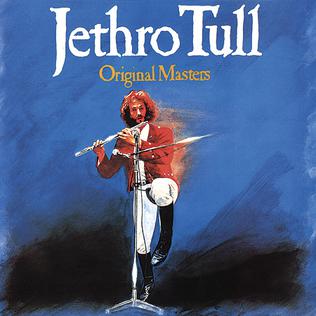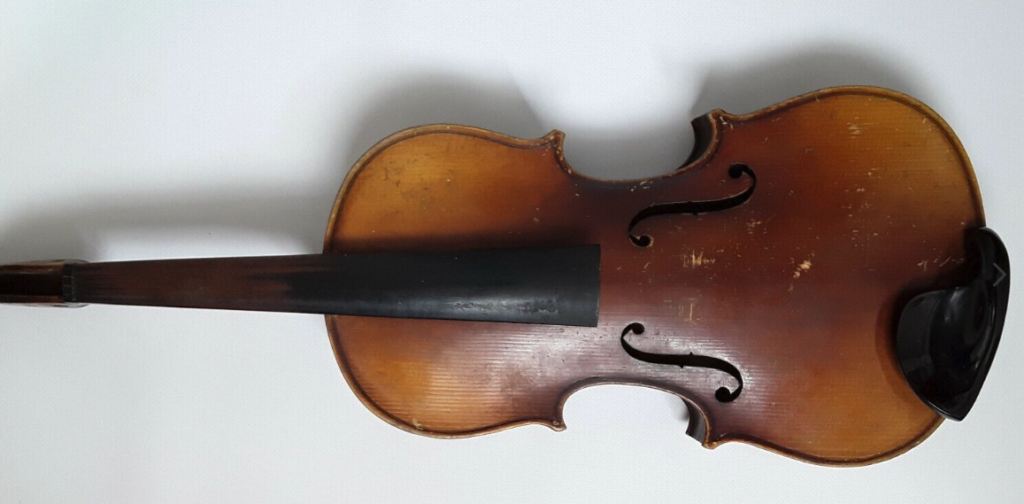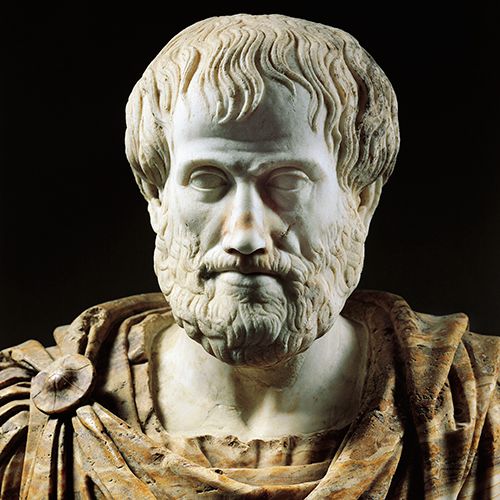Who should own all the nice things?
In my previous post, I asked ‘Who should have the best flutes?‘
This is a famous question asked by Aristotle in his exploration of justice.
Aristotle believed that justice means giving everyone what they deserve. We can figure out who deserves what by thinking about the purpose of a thing. Everything has a purpose (a telos in Greek). The purpose of a flute is to make music. The purpose of a knife is to cut. The purpose of a bed is to be slept in. If a flute is not making good music — if it is kept in a cupboard by a rich man, for example — it is not fulfilling its purpose (its telos).
Aristotle said that the best flutes should be owned by the best flute players so they can make beautiful music.

I thought it would be fun to think about other ways to answer the question. What if we distribute flutes according to their market price, for example? Good flutes are expensive! Maybe they should be owned by rich people. Alternatively, what if we give the best flutes to poor people in the spirit of egalitarianism?
Another clown in the Clown Household pointed out that it wasn’t obvious that best flutes is just a placeholder for any limited but desirable thing because there is no limit to the number of good flutes we can make. He has a point. If a lot of people want good flutes, just make more good flutes!
A better question would be ‘Who should own the Stradivarius violins?’ There are only 600 Stradivarius violins left in the world and they don’t make them anymore. Our society says that expensive violins should be owned by rich people and we don’t even question whether or not that’s the best way. Isn’t there a better way of distributing expensive violins?

The question works for any good thing, not just expensive musical instruments.
If there is a limited supply of houses for people to live in, who should have them? Would it be OK for some people to own multiple houses while other people are homeless? Aristotle might say that the purpose of a house is to be lived in so to have rich people own multiple houses and leave them empty is to deny the telos of a house.
Charles Windsor owns ‘at least seven palaces, 10 castles, 12 homes, 56 cottages, and 14 ancient ruins’ according to House and Gardens magazine. That’s enough to give a home to each of the homeless in Bristol. Our society says it’s fine for one man to own dozens of homes because his ancestors were victorious in battle. There must be a better way to distribute homes.
What about education? Who should have the best physics education? Should the kids who are best at physics get access to the best physics teachers? Or the kids who love physics the most? What about the kids who are not very good at physics? Shouldn’t they get the best teachers in the name of equity?
What about tickets to the FA Cup final? My friend Tony gave me his extra ticket for the 1990 FA Cup final replay vs Crystal Palace because he thought the ticket should go to a Man United fan. He could have sold it for a lot of money but he chose to give it to me.

What about iPhones? What about a place in pre-school? What about rides in Disneyland? I think Aristotle’s question is a good way to make us really think about the way we distribute goods and whether there’s a better way.
How about healthcare? A woman in my cancer community said that it wasn’t fair that she had paid thousands for her husband’s cancer treatment while some poor person could just waltz in and get treated for free. In some countries, it’s expected that rich people get better access to healthcare while in other countries, it’s assumed that everyone should have access to healthcare whether they have money or not. How do we decide what’s the best way to distribute healthcare?

A lot of questions in philosophy are useless but the question of how we distribute goods in society is an important one. I don’t agree with Aristotle’s answer but I am glad he asked the question.
